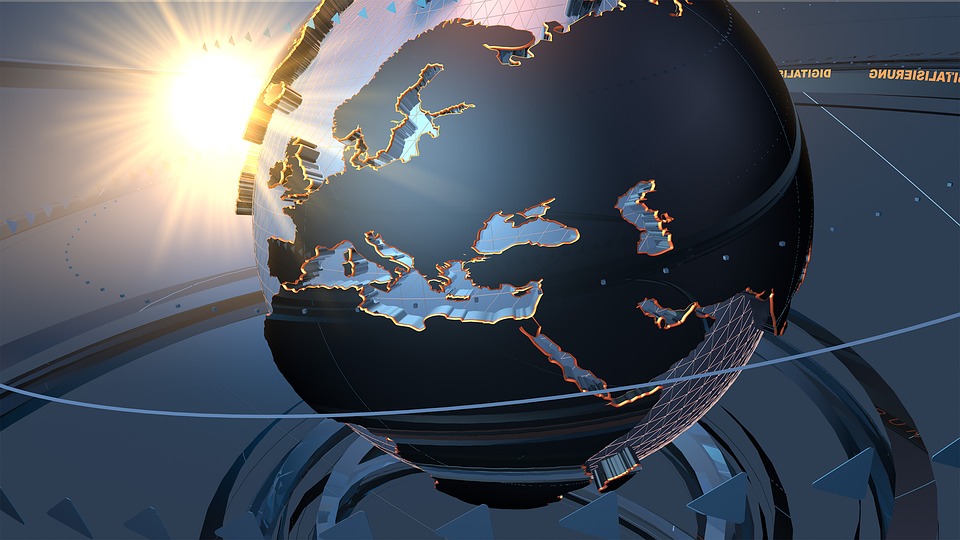In a recent IndustryTap article on hurricanes, MIT professor of atmospheric science, Emanuel describes the US weather data collecting system as hopelessly out of date and behind the times so that scientists and engineers are at a disadvantage from too little information vis a vis their European counterparts. According to Emanuel, Europeans run their weather information gathering programs like global multi-national businesses while US weather organizations are mired in the doldrums of government bureaucratic inertia and lack of vision. To compound matters the media reporting system is high on hype and low on substance and credibility.
A Dearth of Quality Weather Data
The need for highly accurate environmental data has never been greater. Unfortunately predicting what will happen in the environment is made more difficult because of aging satellites and a lack of data. In order to make intelligent decisions about the future scientists need better data to base decisions upon.
A New Beginning
Planet IQ is a public-private collaboration for developing a network of small satellites that can be quickly deployed and more easily maintained. The goal of planet IQ is to provide real-time atmospheric information to weather bureaus and provide data for climate modeling. The system’s current design is for a low cost system that includes 12 to 24 networked suitcase sized satellites providing real time data.
Tsunamis, earthquakes, hurricanes, floods, drought, geomagnetic storms, power shortages and algae bloom are environmental events that directly affect the planets ecosystem.
Plan of Action
Last month, Planet IQ went before Congress to discuss the systemic failures reported by the Government Accountability Office (GAO) that has led to the gap in satellite weather and climate data. This problem was placed on the GAO high risk list and Planet IQ President Anne Hale Miglarese testified that the National Oceanic and Atmospheric Administration (NAOO) should:
- improve weather forecast accuracy and warning leadtimes
- mitigate the risk of harmful gaps in satellite data
- relieve pressure on existing government satellite programs that are over budget and behind schedule
- serve as an effective mechanism for reining in programmatic spending
- create new high tech, high paying jobs in the private sector
New Technology
A new technology called Radio Occultation (GPS-RO) is a highly accurate satellite technology that will improve forecasts for routine and extreme weather. GPS-RO is described as a constellation of space based instruments hosted on a small satellite in lower earth orbit.






